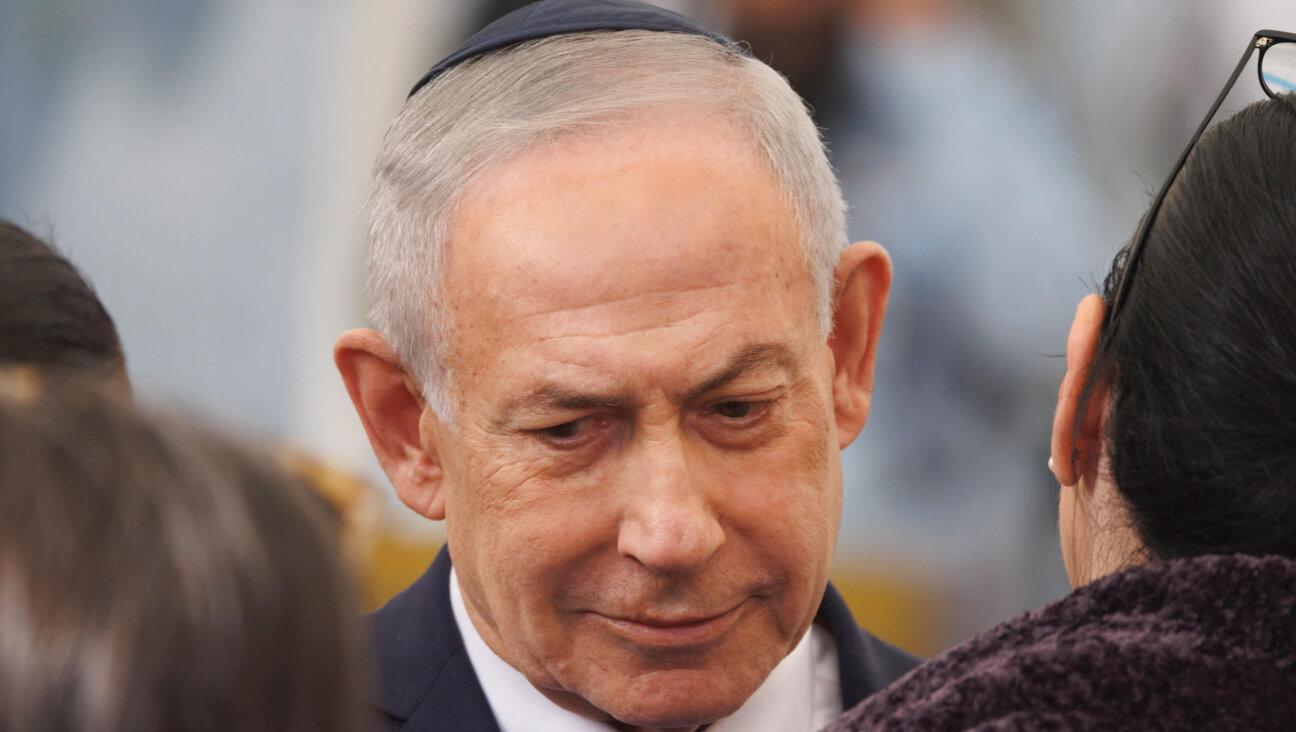Instead of Israeli vs. Palestinian, Think Modern vs. Medieval
I give Hussien Ibish — a contributor to our pages — a lot of credit for even agreeing to get into the ring with someone like David Ha’ivri, an “extremist settler” (Ibish’s words, with which I concur) that he recently debated. Ibish recounts the encounter here.
In many ways, this type of interaction can only lead to head-banging-against-the-wall frustration. The two men share absolutely none of the same premises about the nature of the conflict. While Ha’ivri refers to the bible to justify where he lives and doesn’t even stop to consider that the millions of Arabs living alongside him should have any rights, let alone be entitled to their own national aspirations, Ibish looks at the current situation purely through the pragmatic prism of two peoples who desire the same small land and need to divide it up. They can’t even have a conversation. And they didn’t really. It sounds like they just lectured each other.
But Ibish had an interesting insight into their inability to speak the same language. Of all the dichotomies and binary choices that the Israeli-Palestinian conflict presents, it’s easy to forget this one. But it seems to capture a big part of the problem:
My main point was that this was not so much a debate between an Arab and a Jew, as one between a modern mentality and a medieval one. Modern thinking, I explained, recognizes both the inherent rights of individuals as human beings and the rights of self-defined peoples to national self-determination. Medieval thinking, on the other hand, relies on holy texts and symbols, and conceives of people not as individuals and groups of individuals, but as fixed categories in a divinely ordained hierarchy.
Ibish goes on to describe how this played out in the debate:
When the moderator, a friend of Ha’ivri, suggested there was deep significance in the fact that Jerusalem is frequently referred to in the Bible but not in the Koran, I dismissed this as irrelevant on two counts. First, historically this has not been, and it must not become, primarily a religious conflict that is by definition irresolvable. Second, ancient texts of whatever variety have nothing constructive to tell us about how to solve the real problems we face.
This modern, rational evaluation drew snickers from some of the audience. Most of them were clearly more comfortable with the religious absolutism Ha’ivri was offering, and deeply but erroneously and dangerously believe this is a religious struggle.
Many of them seemed more comfortable with the childish caricature he was offering of a morally pure Israel, relentlessly pursuing justice and friendship that is opposed only by degenerate Arab and Palestinian venality. The realistic evaluation I put forward, in which there were faults on all sides and no clean hands, has little appeal to absolutists. Nonetheless, I invited everyone present to join me in the modern world.














